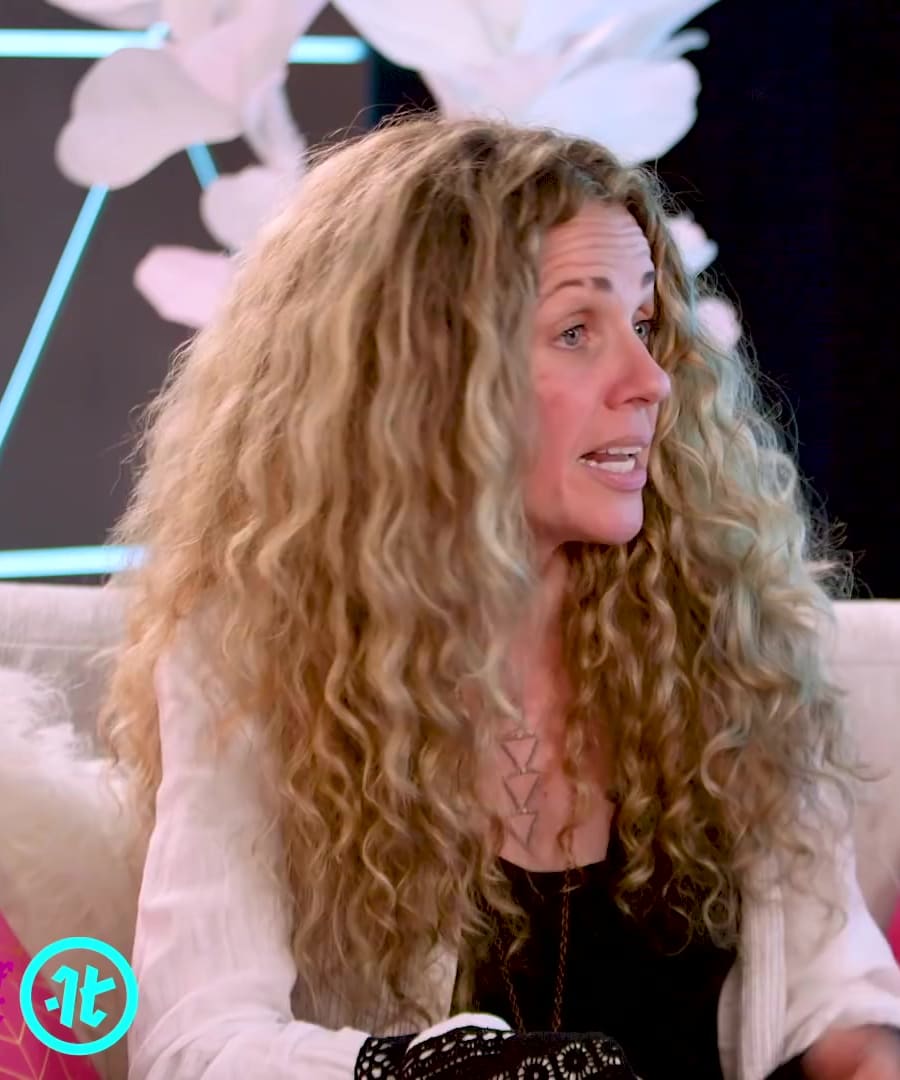How does childhood trauma shape our desire for children?
Sources:
Childhood trauma significantly influences our desire to have children and shapes our patterns of emotional connection.
Terri Cole explains that children from emotionally neglectful or traumatic environments often develop survival strategies to maintain a connection with their parents. These strategies might include suppressing their emotions or taking on caretaker roles to feel safe and loved. This adaptive behavior becomes ingrained and carried into adulthood, affecting how they relate to others and potentially influencing their decisions around having children 1 2.
Marisa Peer adds that early childhood experiences and the unresolved feelings they create can also manifest in complex ways. For example, some individuals might develop unexplained infertility due to deep-seated subconscious fears or beliefs formed in childhood. These can include internalized messages from parents about pain or difficulty associated with childbirth, which might unconsciously deter them from having children themselves 3.
Understanding these dynamics can help individuals heal from past traumas, allowing them to make more conscious and fulfilling choices regarding parenthood.
RELATED QUESTIONSWhat are the key impacts of childhood trauma?
Sources:
Childhood trauma has profound and far-reaching impacts that shape various aspects of an individual's life. Here are some key effects:
-
Emotional and Psychological Responses:
- Anxiety and Panic Disorders: Childhood trauma can lead to debilitating anxiety, panic disorders, and agoraphobia, limiting one's ability to engage in everyday activities and leaving them feeling unsafe 1.
- Hypervigilance: Constantly being on high alert and scanning the environment for danger becomes common, as the body is always prepared for the next threat 2.
-
Physical Health:
-
Behavioral Patterns:
- Trauma Reenactment: Individuals may unconsciously recreate trauma situations, often on specific trigger dates or events, perpetuating a cycle of distress and reinforcing trauma bonds 2.
- Suppression of Emotions: Emotional suppression due to trauma leads to tenseness, stress, and anxiety, which can manifest physically and affect overall well-being 5.
-
Relational Dynamics:
- Trauma Bonds: People tend to form relationships that mimic the traumatic dynamics they experienced as children, repeating unhealthy patterns and defining their sense of connection and love through these skewed interactions 6.
Understanding these impacts is crucial for healing, enabling individuals to recognize their trauma and seek appropriate strategies to manage and heal from these experiences.
RELATED QUESTIONS-
What are effective coping mechanisms for childhood trauma?
Sources:
Coping with childhood trauma requires a multifaceted approach that addresses emotional, psychological, and physical aspects of well-being. Here are some effective strategies:
-
Acknowledge and Validate:
- Recognizing and accepting that the trauma was not your fault is crucial. Understand that the coping mechanisms developed during childhood were necessary for survival but can be modified now with more effective strategies 1.
-
Self-Compassion and Reparenting:
- Develop a connection with your inner self, often referred to as the "inner guidance system" or "Self" with a capital S. This involves treating triggers with curiosity, compassion, and calmness, thus nurturing your inner child and providing the care you missed during early years 2.
- Reparenting strategies include giving your past self compassion, love, and encouragement, affirming their strength and resilience 3.
-
Therapy and Support Systems:
- Engage in therapeutic practices such as yoga, meditation, and counseling to address the emotional scars and learn healthier coping mechanisms. Therapy can help in processing and integrating traumatic memories safely 4.
- Talking about traumatic experiences with a therapist or a trusted individual can reduce the shame and secrecy associated with those experiences 5.
-
Understand and Honor Responses:
- Recognize the physical and emotional responses you have to trauma. This involves understanding how trauma has affected your body and mind, and learning to manage these responses through techniques that promote self-regulation and calmness 1 4.
- Addressing protector parts (as in IFS therapy) helps reconcile different aspects of the self that developed as coping mechanisms, such as workaholism or people-pleasing 2.
-
Physical Health and Lifestyle Changes:
- Chronic cortisol from perpetual stress and trauma can lead to weight issues and health problems. Maintaining physical health through balanced nutrition, regular exercise, and stress management can mitigate these effects 6.
- Reducing chaos and creating a stable environment helps in breaking the cycles of chaos learned in childhood 1.
These strategies can provide a robust foundation for healing and creating a more resilient and joyful life.
RELATED QUESTIONS-
What are the long-term effects of childhood trauma?
Sources:
Childhood trauma can have profound and lasting effects. Here are some key long-term impacts:
-
Emotional and Psychological Effects:
-
Physical Health Issues:
-
Relational Difficulties:
- Traumatic experiences can shape how individuals relate to others. They may form trauma bonds, which are patterned ways of relating that mimic the dynamics of early relationships with caregivers. These can lead to repeated unhealthy relationship patterns 4.
-
Behavioral Problems:
-
Cognitive Impacts:
- People who have experienced trauma might struggle with memory, concentration, and other cognitive functions. These difficulties can hamper academic and professional performance 5.
-
Dissociation and Repression:
- Trauma survivors might dissociate or repress their traumatic experiences, which means they block out or forget the events as a coping mechanism. This can lead to symptoms resurfacing later in life, often in unpredictable ways 6.
-
Spiritual and Existential Distress:
- Childhood trauma can affect one's sense of purpose and existential understanding, often creating what some refer to as "spiritual trauma" where the person feels disconnected from their core self and purpose 7.
Understanding these impacts highlights the importance of addressing and healing from childhood trauma through professional help and self-awareness.
RELATED QUESTIONS-
















